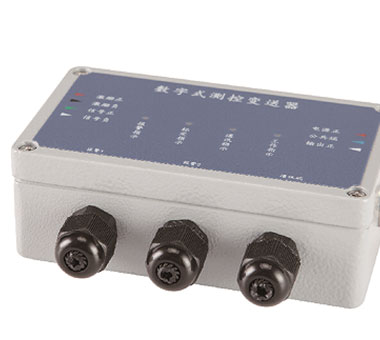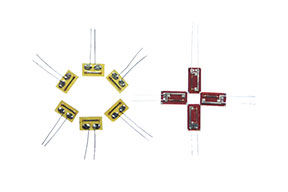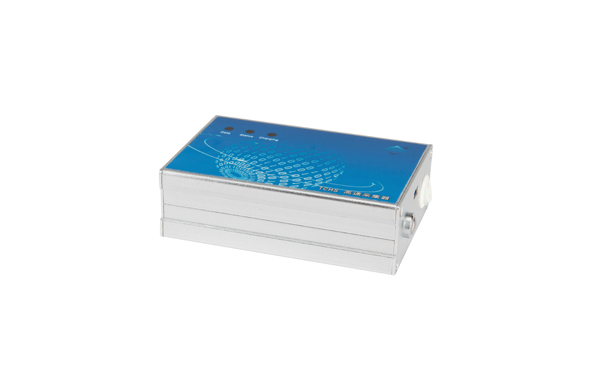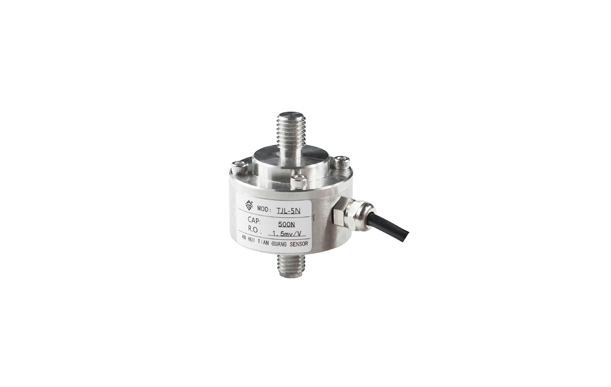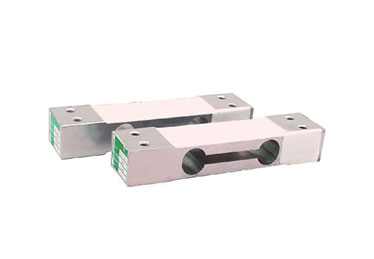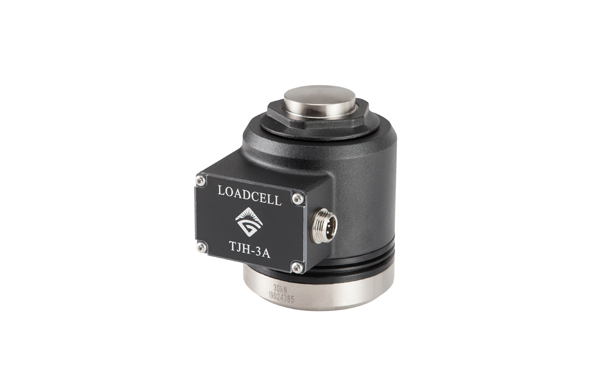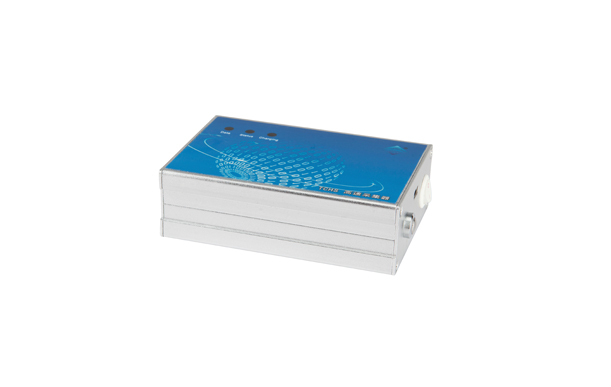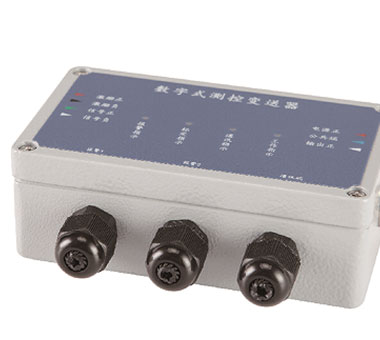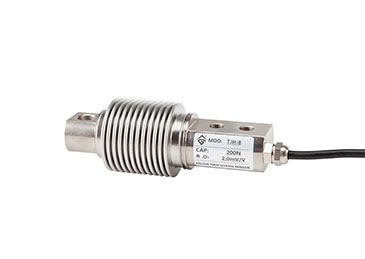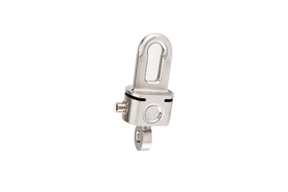Load Cell Amplifiers


The weighing amplifier/transmitter is a signal amplification device. Usually used in conjunction with a sensor, the load cell sensor amplifier can convert the mV signal output by the load cell into an analog current/voltage signal or a digital signal to output to the back-end control equipment, such as plc, meters, etc. The digital load cell amplifier produced by tianguang company has high precision and good airtightness, and is suitable for a variety of measurement occasions.
TB3K Weighing Transmitter
1. In addition to the characteristics of ordinary transducers, this load cell amplifier module can also reduce the harmonic interference caused by transducers.
2. Good electromagnetic tolerance(EMS).
TB3P Weighing Transmitter
The function of the load cell amp is to precisely amplify the mV signal output from the sensor and convert the mechanical quantity into a standard current and voltage signal.
1. Small size, light weight, and high-cost performance.
2. Power surge protection, input reverse connection protection.
3. Various output forms can be selected to meet the requirements of different users.
4. Wiring using aviation socket.
5. Shell with mounting holes for easy installation.
TB3S Weighing Transmitter
1. Precision die-casting aluminum shell, surface spraying treatment.
2. Suitable for occasions with high precision and poor environment.
3. Sampling frequency: 10Hz.
4. With RS232 or RS485 communication function.
5. Output of two relays (both on and off).
6. Acoustic alarm and light prompt using buzzer and LED.
7. Adopt anti-interference power supply design technology.
8. Voltage analog output with the function of short circuit protection.
9. Wiring terminal block and aviation socket, housing with mounting holes.
10. Use two buttons for output adjustment, no potentiometer and other analog adjusting parts.
11. Load cell amplifier china signal boosters with optional software for calibration and alarm value setting.
How Does Load Cell Amplifier Work?
Signal Generation: A load cell is a type of transducer that converts mechanical force into electrical signals. When a load or force is applied to the load cell, it causes deformation in the strain gauge, which is a key component of the load cell. This deformation changes the electrical resistance of the strain gauge, generating a signal that is proportional to the applied force. However, this signal is usually very small and needs to be amplified before it can be processed and read.
Amplification: This is where the load cell amplifiers comes into play. The digital load cell amplifier is a device that increases the magnitude of the signal generated by the load cell. The load cell sensor amplifier does this by taking the small voltage output from the load cell and increasing it to a level that can be easily read and processed. The amplified signal is more robust and less susceptible to noise and interference, ensuring accurate and reliable measurements.
Signal Processing: Once the signal has been amplified, it is then processed by the high speed load cell amplifier. The digital load cell amplifier converts the analog signal into a digital format that can be easily read and interpreted. This conversion is done using an analog-to-digital converter, which is a key component of the load cell amplifier.
Output: The final step in the process is the output of the amplified and processed signal. The load cell amplifiers output the signal in a format that can be read by a digital readout or a computer. This allows users to get real-time, accurate measurements of the load.
Digital Load Cell Amplifier Features
High Accuracy: One of the key features of a digital load cell amplifier is its high accuracy. It amplifies the signal from the load cell without distorting it, ensuring precise and reliable measurements.
Digital Output: The load cell sensor amplifier converts the analog signal from the load cell into a digital format. This digital output can be easily read and processed by a computer or digital readout, providing real-time, accurate measurements of the load.
Easy Integration: The high speed load cell amplifier is designed to be easily integrated into existing systems. It can be connected to a variety of devices, including computers, PLCs, and digital readouts, making it a versatile solution for a wide range of applications.
Robust Construction: The load cell amplifiers are built to withstand harsh industrial environments. Their robust construction ensures reliable performance, even in challenging conditions.
User-Friendly Interface: The load cell amplifier module features a user-friendly interface, making it easy to set up and operate. This ease of use reduces the risk of errors and enhances operational efficiency.
Adjustable Gain: The digital load cell amplifier allows users to adjust the gain, enabling them to optimize the signal amplification for their specific application.
Using Load Cell Amplifiers Advantages
Enhanced Accuracy: One of the primary advantages of using load cell amplifiers is the enhanced accuracy they provide. The digital load cell amplifier increases the signal from the load cell without distorting it, ensuring precise and reliable measurements. This is particularly important in industries where even the slightest deviation can have significant consequences.
Improved Signal Quality: Load cell amplifiers improve the quality of the signal from the load cell. They amplify the signal, making it more robust and less susceptible to noise and interference. This ensures that the signal remains clear and accurate, even over long distances or in electrically noisy environments.
Versatility: The load cell sensor amplifier is a versatile device that can be used with a wide range of load cells and in a variety of applications. The digital load cell amplifier can be easily integrated into existing systems, making it a flexible solution for measuring force or weight.
User-Friendly: Load cell amplifiers are designed with user-friendly interfaces, making them easy to set up and operate. This ease of use reduces the risk of errors and enhances operational efficiency.
Durable and Reliable: Load cell amplifiers are built to withstand the rigors of industrial use. Their robust construction ensures reliable performance over the long term, even in harsh environments.
Cost-Effective: The load cell amplifier module is a cost-effective solution for measuring load cell output. It enhances accuracy and signal quality, reduces the risk of errors, and improves operational efficiency, all of which can lead to significant cost savings.
If you want to know more about load cell amplifier schematic, please visit our website.
Other supplier products
|
|
Semiconductor Strain Gauge |
TP series diffused semiconductor strain gaugesare produced by international current technology, and their performance indexes are superior to domes... |
|
|
Load Cell Signal High-speed Collector |
TCHS load cell signal high speed collectoris used to capture very short instantaneous force, the highest frequency can reach 3500 times per second,... |
|
|
TJL-5N Stainless Steel Load Cell |
Simple structure, high reliability and good interchangeability. Suitable for various proportioning scales, hopper scales, hook scales, etc.
Spec... |
|
|
Load Cell For Weight Measurement |
What is a load cell? Load cell is a kind of sensor, which means a load cells are used for measuringelectrical signal. There are various kinds of lo... |
|
|
TJH-3A Column Type Load Cell |
Small range TJH-3, Small size, easy to install. The comprehensive precision of the load cell is high.It can choose weighing module or built-in ampl... |
All supplier products
Same products





